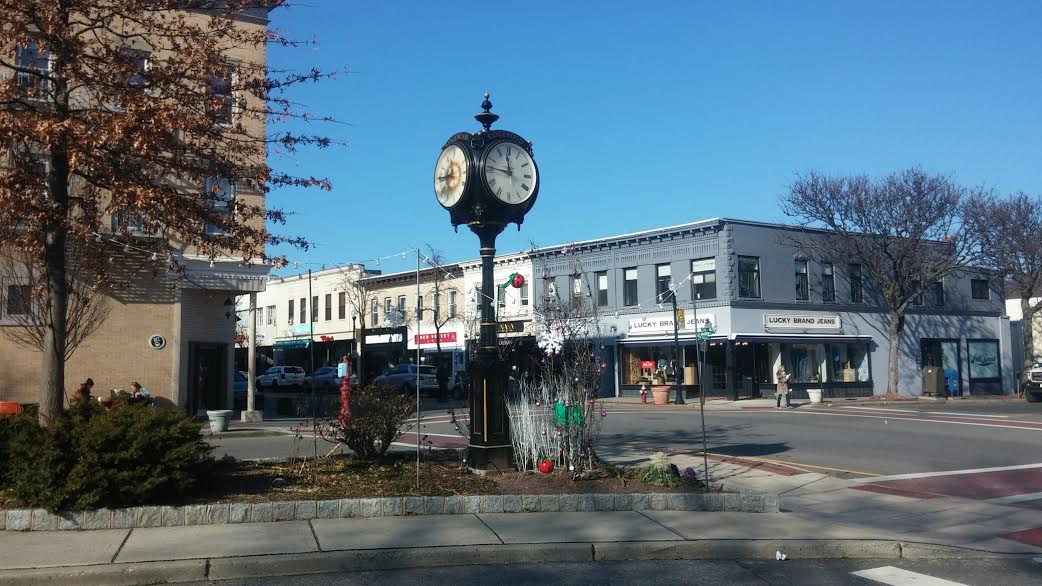
Monmouth Poll – NEW JERSEY: State Rating Hits 38 Year Low as Quality of Life Views Ebb
May 29, 2018
NEW JERSEY: STATE RATING HITS 38 YEAR LOW AS QUALITY OF LIFE VIEWS EBB
Property taxes persist as public’s top concern
Ridgewood NJ, it seems while New Jersey residents major concern is high property taxes, yet they still voted for a candidate that promised to raise taxes. Residents are also happy with where they live yet feel that state wide the quality of life leaves much to be desired .
New Jerseyans’ views of their home state quality of life have dropped, due in part by a record low rating for the state as a place to live according to polling going back to 1980. The Monmouth University Poll finds that opinion of local communities has not dropped by as much, which has kept the Garden State Quality of Life Index score from completely tanking. The state issue that aggravates New Jerseyans the most is the highest-in-the-nation property tax burden, which has been at the top of the list of public grievances for the better part of a decade.
Currently, just over half of New Jersey residents say their state is either an excellent (15%) or good (39%) place to call home, while 29% rate it as only fair and 17% as poor. This 54% positive rating is statistically similar to the July 2015 result of 55% and the August 2011 result of 57%. However, it does mark a numerical low point for this metric in state opinion polls going back to 1980.
The top state concern mentioned by New Jerseyans is property taxes. Just under half (45%) name this issue as one of the most important facing the state right now. Those mentioning other taxes amount to 25% combined. Fewer residents mention education (16%), jobs (14%), the economy and cost of living in general (14%), transportation infrastructure (14%), or crime, guns, and drugs (12%) as being among the most pressing concerns facing New Jersey today. Property taxes have been the most common top-of-mind response to this question for at least ten years, with the only exception coming during the economic downturn when this concern shared the top spot with jobs in 2012 and was actually displaced by jobs as the number one issue in 2013.
“Unless you’ve had your head in the sand for the past ten years, you know that New Jersey’s onerous property tax burden is the single most cited reason for what ails the state. Trenton lawmakers have avoided tackling this problem for too long and we now see it eroding satisfaction with life in the Garden State as a whole. Given these results, it’s no surprise that more and more New Jerseyans are choosing to vote with their feet by simply moving out of the state,” said Patrick Murray, director of the independent Monmouth University Polling Institute.
Monmouth’s exclusive Garden State Quality of Life Index score now stands at +18, which is down from +25 in July 2017 and matches prior lows of +18 in July 2015 and September 2014. Over the past eight years, this index has ranged from the current low of +18 to a high of +31 (April 2012). Half of the index score comes from residents’ overall rating of the state as a place to live and the remaining half comes from four questions that ask residents to evaluate the quality of life in their local communities.
The quality of life index score took its biggest hit in the central part of the state, going from +35 last year to +18 currently in the Northern Shore (Monmouth, Ocean) and from +34 last year to +18 currently in the Route 1 Corridor (Mercer, Middlesex, Union). The affluent Central Hills area (Hunterdon, Morris, Somerset) retains the highest score at +34 (basically unchanged from +33 last year), while the Urban Core (Essex, Hudson) has the lowest at +8 (down from +18 last year).
“Even though New Jerseyans are starting to sour on the state as whole, views of their local communities remain more positive. This sentiment may help to keep people here for the time being but it doesn’t overcome the more fundamental statewide problems,” said Murray.
Just over 7-in-10 New Jerseyans rate their own town or city as an excellent (30%) or good (41%) place to live, with 20% rating it as only fair and 9% as poor. The current 71% positive rating is down from the numerical high of 77% recorded last year, but it is still in the mid-range of results for this question going back to polling since 1977. The percentage of Garden State residents who currently say they feel very safe in their own neighborhoods at night (65%) is also down from last year’s numerical high of 71%, but remains well above the all-time low of 42% recorded back in 1993.
The current poll registers relatively high ratings for local environmental quality at 73% positive – 29% excellent and 44% good, which is just slightly off last year’s mark of 76%. Ratings for the job local schools are doing stands at 60% positive – 24% excellent and 36% good – which is down from 65% in 2017, but is still within the normal range for this question’s results over the past decade.
The Garden State Quality of Life Index was created by the Monmouth University Polling Institute to serve as a resident-based indicator of the quality of life offered by the state of New Jersey. The index is based on five separate poll questions: overall opinion of the state as a place to live – which contributes half the index score – and ratings of one’s hometown, the performance of local schools, the quality of the local environment, and feelings of safety in one’s own neighborhood. The index can potentially range from -100 to +100.


